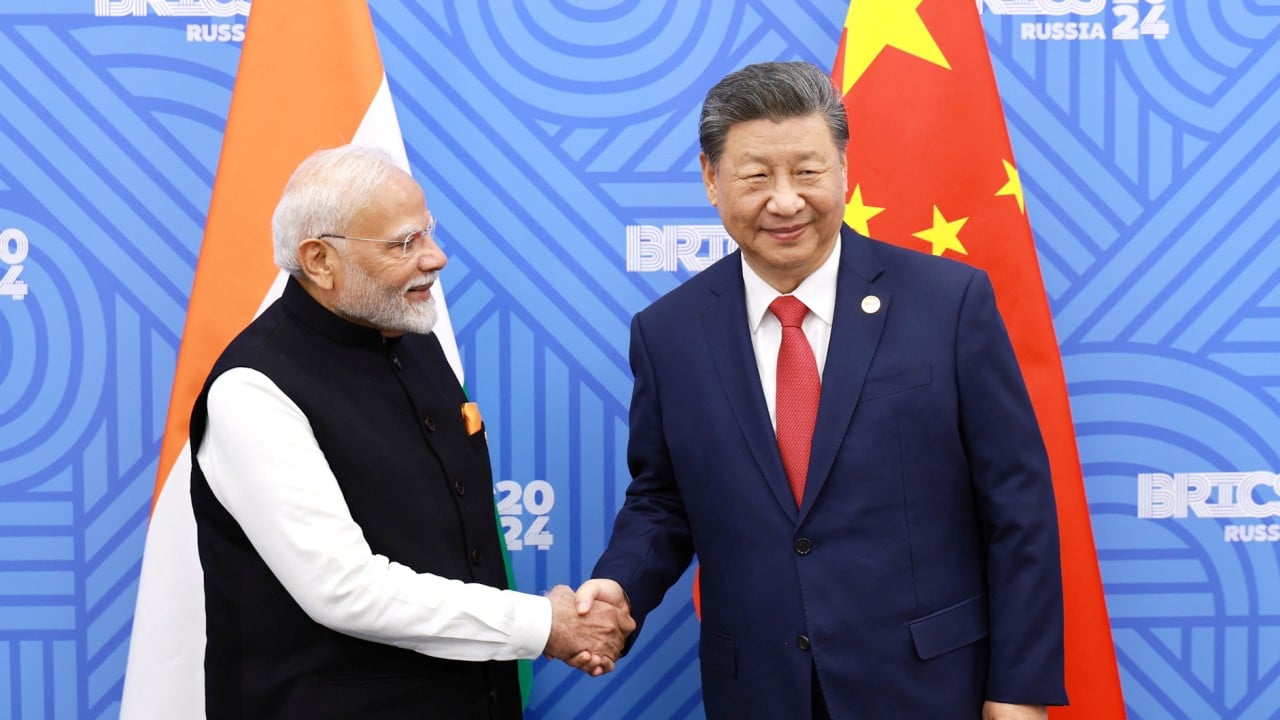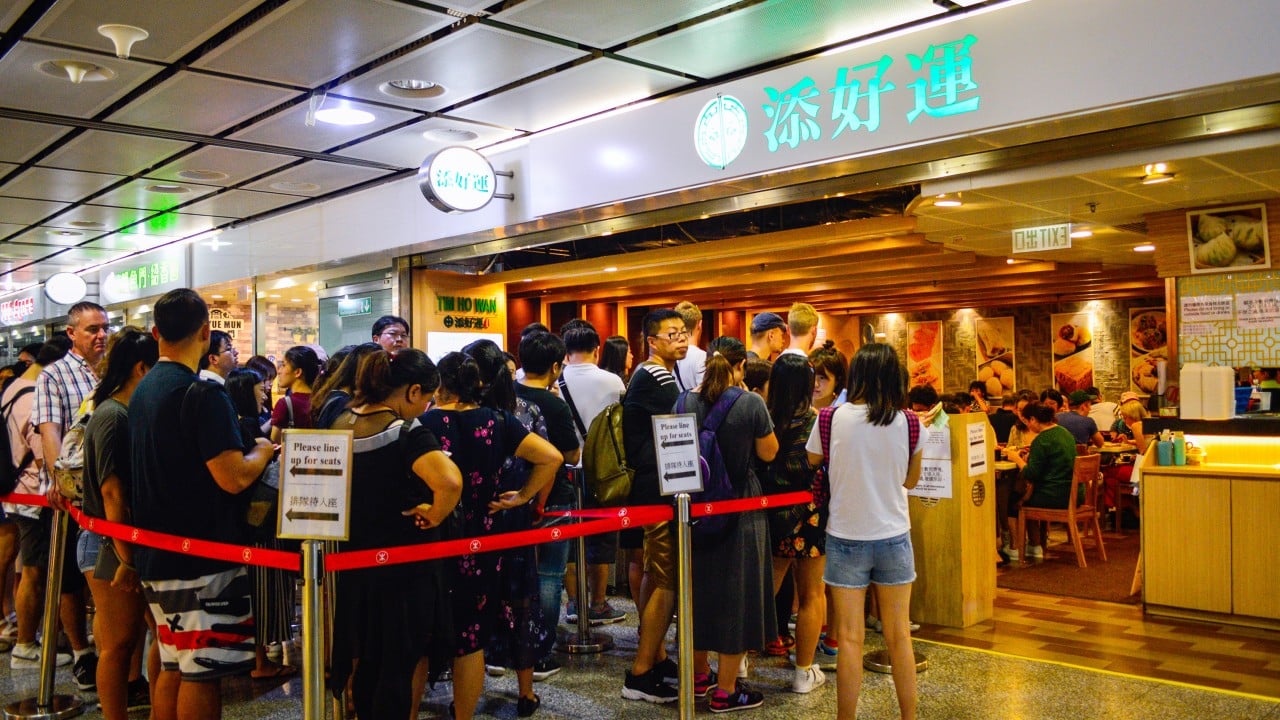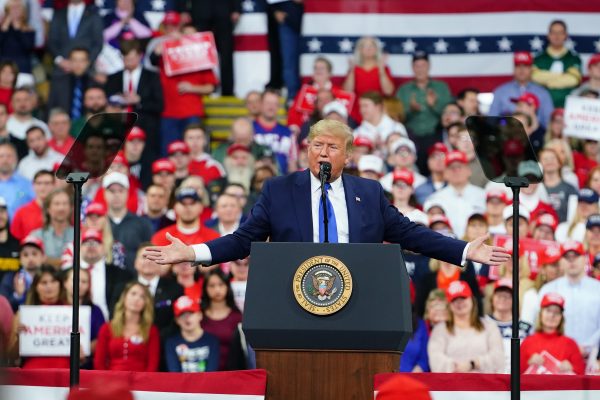All eyes were on the first summit of the newly expanded Brics in the Russian city of Kazan this month. Since the grouping’s inception, there has been a debate about whether it represents a marriage of convenience based on pragmatic, short-term interests, instead of any deep ideological or historical unity.
Critics argue that, despite its aspirations to reform the global system and chip away at Western hegemony, Brics lacks the necessary structural power to rival the established international order and achieve its goals effectively.
If this is the case, then one must ask why are more than 30 countries expressing interest in or are seeking Brics membership? Why did multiple world leaders, including United Nations secretary general Antonio Guterres, attend this year’s summit?
The concept of structural power explains how power functions in the international order. It refers to the ability of states or non-state entities to shape the overarching framework that governs the interactions of other states, institutions and individuals.
It involves establishing the rules of the game that affect the options, behaviours and preferences of states within the broader world order. By setting these rules, entities with structural power can significantly impact the dynamics of international relations, economic practices and policy decisions.

02:53
Xi Jinping and Narendra Modi hold first formal talk since deadly border clash
Xi Jinping and Narendra Modi hold first formal talk since deadly border clash
The United States and other Western powers have exercised structural power in core domains, such as security, production, finance and knowledge, which enables them to shape the global order in a way that aligns with their interests. This structural power makes it easier for states that align with these values to thrive, while those that diverge often face sanctions or isolation.

 By South China Morning Post | Created at 2024-10-31 08:41:53 | Updated at 2024-11-06 16:25:11
6 days ago
By South China Morning Post | Created at 2024-10-31 08:41:53 | Updated at 2024-11-06 16:25:11
6 days ago







